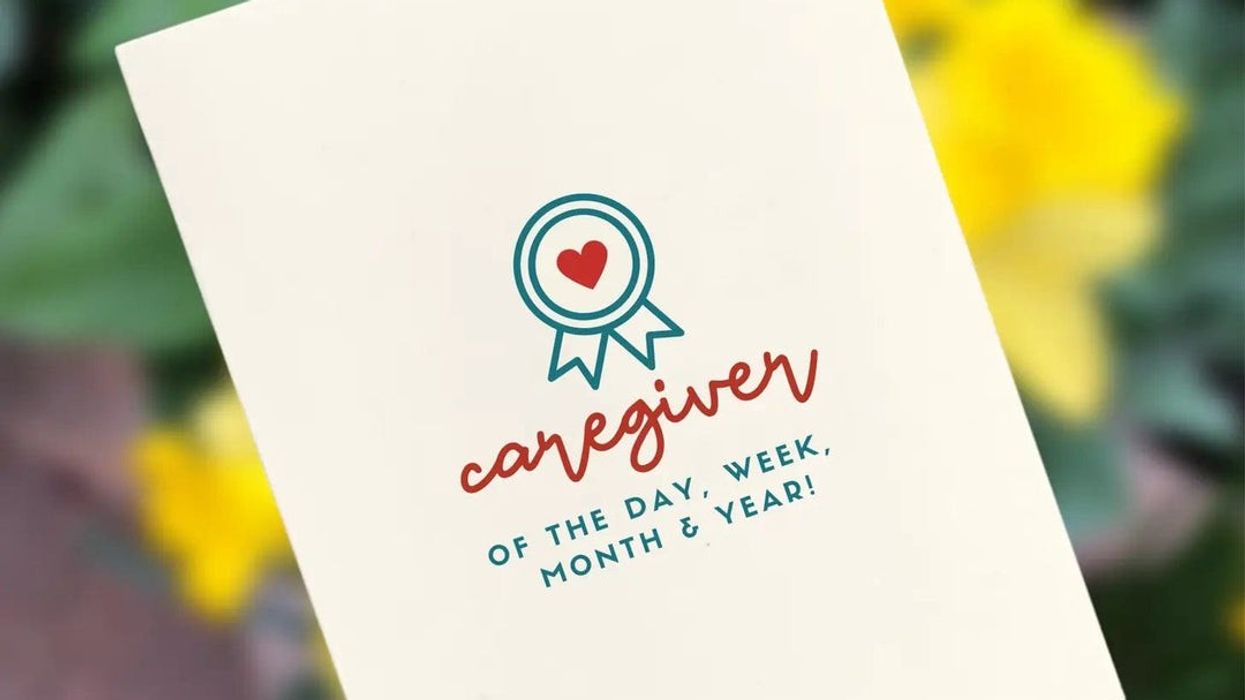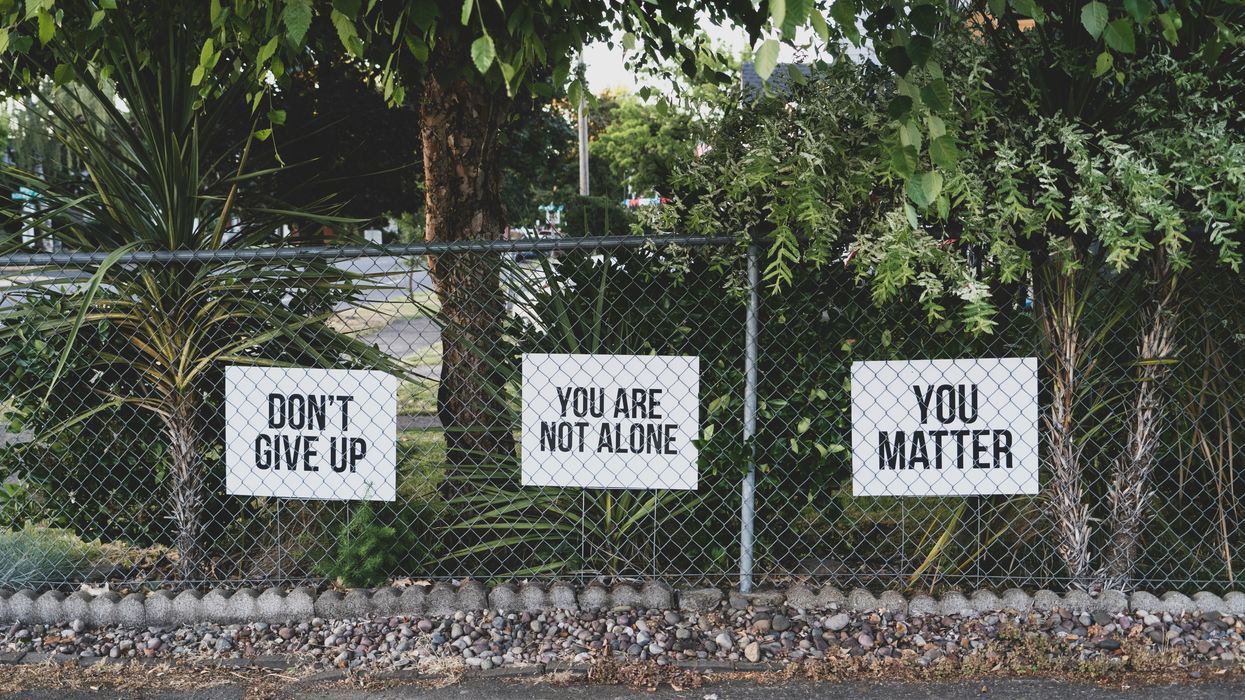Summer is coming to an end, and we all know what that means. Cold and flu seaason! We’ve all heard it: “Don’t go outside with wet hair—you’ll catch a cold!” This advice has been passed down from generations like a secret formula for avoiding sickness. But, as it turns out, catching a cold doesn’t work that way. Let’s dive into how you actually get sick and why your damp hair on a chilly day is more of a comfort issue than a health risk.
Myth: Wet Hair = Cold City
You probably remember being scolded as a kid for running out into the cold with your hair still dripping from the shower. The idea here is that being cold or having wet hair will lower your body temperature, weakening your immune system and leaving you vulnerable to cold viruses.
Well, here’s the scoop: colds are caused by viruses, most commonly the rhinovirus, and they aren’t lurking in your showerhead or waiting around your towel rack. According to the National Institutes of Health, being cold, wet, or underdressed for the weather doesn’t automatically make you a magnet for germs. In fact, viruses are the real villains here, and they’re most often transmitted through close contact with an infected person or contaminated surfaces .
How You Actually Get Sick
Let’s break it down: You walk into work, someone coughs or sneezes (without covering their mouth, of course), and tiny droplets filled with rhinovirus particles land on your desk, the doorknob, or (heaven forbid) directly on your hand. These viral droplets can survive on surfaces for hours, just waiting for an unsuspecting victim to come along.
When you touch those surfaces and then—without thinking—rub your eyes or scratch your nose, the virus finds its way into your respiratory tract. Boom! You’ve just invited a rhinovirus to set up shop in your body, and you’re about to spend the next week battling the sniffles and a scratchy throat .
But, Wait—Why Does Cold Weather Seem to Make Us Sick?
While it’s true that cold weather doesn’t directly make you sick, there is a reason colds are more common in the winter. During colder months, people tend to stay indoors, in closer quarters, which increases the chances of virus transmission. You’re more likely to catch something when everyone is huddled together sharing the same warm, dry, and germ-filled air .
Also, colder air and dry indoor heating can dry out the mucous membranes in your nose and throat, making it easier for viruses to invade your system. So while the cold itself isn’t the culprit, the environment that cold weather creates might give viruses a leg up .
What You Can Do to Actually Stay Healthy
Forget the wet hair panic—here are some real tips for avoiding colds:
- Wash your hands: Frequent handwashing is your best defense against the cold virus. Soap and water work wonders.
- Avoid touching your face: Viruses like to enter through your eyes, nose, or mouth. Keeping your hands away from your face reduces your risk.
- Get enough sleep: A well-rested immune system is better at fighting off invaders.
- Stay hydrated: Drink plenty of fluids to keep your mucous membranes healthy and ready to trap germs.
- Cover your coughs and sneezes: For the sake of your friends, family, and coworkers, cover your mouth with a tissue or your elbow when you cough or sneeze. You don’t want to be that person.
The next time someone tells you not to go outside with wet hair, feel free to smile and assure them that cold viruses—not cold weather—are the real reason people get sick. But if you’re feeling cautious, you can always grab a hat anyway—it may not ward off the sniffles, but at least it’ll keep you cozy!
Sources
- National Institutes of Health. "Common Cold." MedlinePlus. Updated April 12, 2021. Link.
- Harvard Health Publishing. "Does Cold Weather Make You Sick?" Harvard Medical School. Updated December 2020. Link.
- Centers for Disease Control and Prevention (CDC). "Common Cold: Protect Yourself and Others." Updated July 10, 2019. Link.










 Dr. Jay Harness, MD, FACS, founder of Cancer Fitness, believes that when a woman begins exercising after breast cancer, it marks the start of her personal reconstruction journey.
Dr. Jay Harness, MD, FACS, founder of Cancer Fitness, believes that when a woman begins exercising after breast cancer, it marks the start of her personal reconstruction journey.







